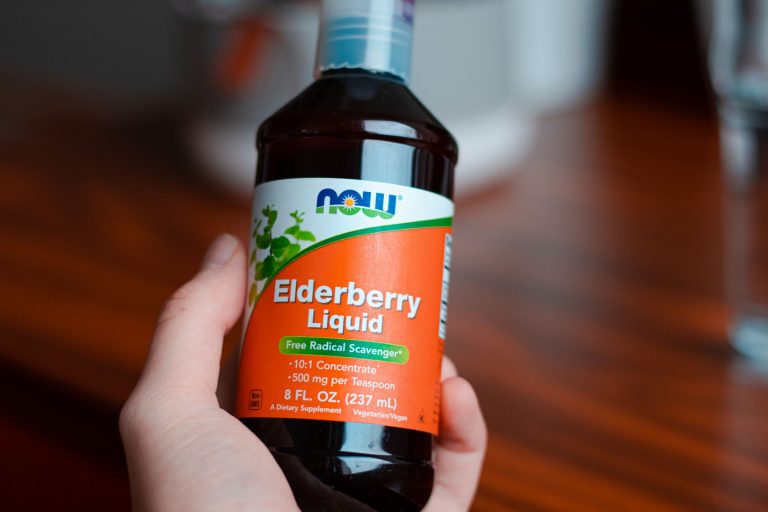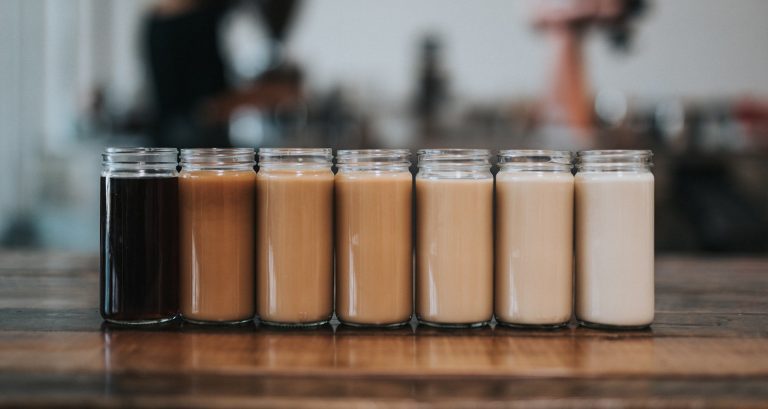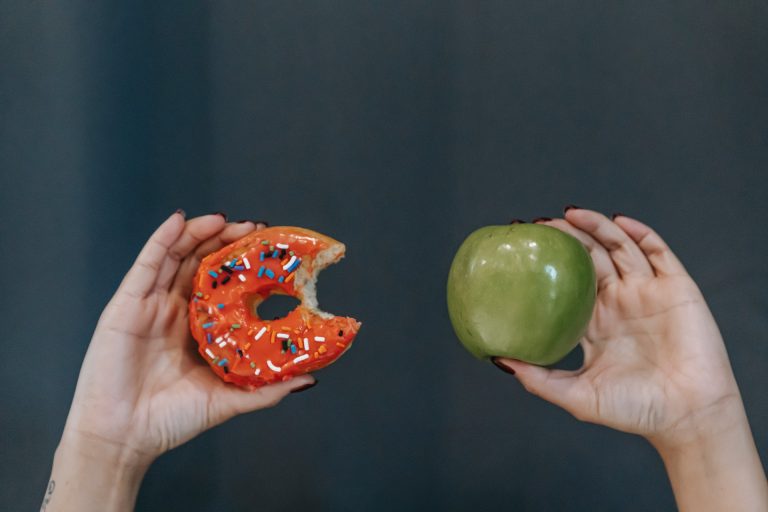Top 7 Longevity Habits of People Who Live Over 100 Years
Surprisingly, the quest to becoming a superhuman doesn’t have to do much with finding the miracle pill. Longevity habits matter more. Although science is so advanced, the magic pill that will make your brain power, energy, and strength limitless, doesn’t exist, yet. We still have some ways to go.
The Elixir of Life
While it’s easy to admit most of us want to be superhumans, function at our best, and feel great, immortality is pretty unreal. But it seems as if some people have found something close to the elixir of life which extended their lifespan and improved their health span.
What we are looking for isn’t immortality, we are looking for a longer, more vibrant, and healthier life with more energy and fewer diseases. We don’t actually want to live a thousand years but feel great while we’re alive.
Well, it seems there are some people living in the so-called 7 Blue Zones in the world, the zones with the most centenarians or people who live longer than 100 years, relatively healthy lives. Before we jump there, let’s define health.
How do we define Health?
According to the World Health Organization, the definition of health is: “Health is a state of complete physical, mental, and social well-being and not merely the absence of disease or infirmity.”
Generally, health is a very broad term. It is not a question of whether is someone healthy or not. It is more question of how healthy an individual is. Genetics plays a big part in the health of humans. Individuals have different abilities to fight toxins, metabolize caffeine, break down lactase and even fall asleep. It looks as if we substantially differ in our potential to regenerate and replicate, which highly affects our potential for developing certain diseases.
Many factors like energy, mood, and sleep quality say a lot about our health. The poorer one’s diet, sleep, and exercise, the more it can be gained.
Life quality is also important. Living with high energy, libido, and good cognitive function is different than living with diabetes, arthritic pains, and poor memory. Ain’t that right? This is where healthspan jumps into the discussion.
Subjective Measures of Health | Biomarkers
Although we are more focused on wellness and performance improvement, health is tightly related to both. Being unhealthy will profoundly and negatively impact your performance and well-being aka wellness.
Measuring health is a daunting task, even with the field of science and medicine advanced at the stage there are today. By combining medicine, science, and other health-related disciplines, experts have come up with specific subjective values to assess health.
To simplify, these are the measures at which doctors will look to assess the risk of developing a certain disease or having pain, illnesses, or poor life quality. Poor variables are considered higher or lower values that can lead to low life quality and poor health.
These subjective measures include
| BMI or Body Mass Index | Metric based on weight / height |
| Blood pressure | *systolic; diastolic – marker of heart health |
| Cholesterol profile *tryglicerides | HDL, LDL and VLDL ratio |
| Aerobic capacity, performance | VO2max *maximal oxygen consumption |
| Fasting insulin levels | Blood sugar regulation, hormones, energy |
| Cardiovascular Function | Heart rate *beats per minute |
| Body fat % | Percentage of fat tissue |
| Inflammation markers | IL-6 and CRP |
| Kidney Function | Urine microalbumin levels |
| Blood Sugar Regulation | *fluctuations, diabetes |
| Waist-to-hip ratio | Aerobic capacity, performance |
It is surprising how good of a guess doctor can make based on the values of a few of these variables.
Health Span vs Lifespan
A common misconception in people is underestimating healthspan. People believe that they don’t want to grow old, because they’ll have to live with Alzheimer’s, low energy, high cholesterol, and arthritis.
The goal of life extension isn’t to extend lifespan only, but health span too. Healthspan is about how healthy we are and how good life quality we have, during our days on this earth. It is about living a vibrant, healthy life even in old days.
Extending lifespan on the other hand is very self-explanatory. To extend the age we live. Although partially we are motivated to adopt healthy habits to extend our lifespan, the main goal is to improve our life quality and health span too.
Where are the healthiest people in the World?
In certain parts of this earth, it seems like there are people living more than 100 years (yes, lucky them). This shows us that genetics and environmental factors play an important role in our health and lifespan.
While some may think living 100+ years is pretty impressive, what’s even more impressive is their life quality, hence why they live so long. Poor health and life quality will significantly impact longevity. These people have better subjective health measures which translate to higher life quality.
So, why not look around at what they do, how they live and some of their daily habits, to potentially see if we can adapt our lifestyle closer to theirs, for the sake of improving our health?

The Top 7 Habits of Centenarians Around The World
The centenarians are living in the so-called “Blue Zones” in the world. The blue zones are Icaria in Greece, Sardinia in Italy, Okinawa in Japan, Nicoya Peninsula in Costa Rica, and Loma Linda in California.
Here are some of their most common lifestyle habits, that may link to their impressive health and lifespan.
1. Consistent Low-Intensity to Moderate Activity
One of the most important factors contributing to blue-zone longevity is definitely physical activity. They are known to be constantly moving, in a low-intensity activity. These are activities like active transport or riding a bike, taking walks, playing games, and working in the garden.
An 11-year follow-up study testing the relationship between physical activity and longevity found that active people had 28% lower risk of mortality (at the follow-up). With an impressive sample size of 8.456 older individuals, it seems as if moderate intensity 2-3 times weekly had a positive impact on longevity. (1)
2. Effective stress-reduction tools
Reducing stress and chronically elevated levels of cortisol looks like a great tool for improving longevity. Excessive mental stress translates to excessive oxidative stress which damages your DNA. It seems like meditation, yoga, socialization, a slow-paced lifestyle and journaling helps them to chill out.
- While these methods can help reduce and ease the daily psychological stressors, studies have found there is toxic stress around like heavy metals and toxins, which can affect our health. (2)
- This can be significantly improved by choosing a better environment to live in, blocking radiation, breathing deep in nature, exposing yourself to fewer toxins, increasing the intake of antioxidants, etc.
Stress management is quite paradoxical. You don’t want to eliminate it all, as then the body won’t adapt to fight against stress. You don’t want to have too much of it, which causes chronic inflammation. But if you can structure your life with manageable and balanced stressors, seems like you’d be on the right path. A little hint, socialization works wonders.

3. Slow Cooking and Slow Eating
Nutrition is a big part of their lifespan extension strategy. If you check the world map for the blue zones, you’ll see they all live close to an ocean or sea, preferably in the Mediterranean. This gives them access to a climate suitable for growing vegetables, fruits and eating seafood – Mediterranean foods. They tend to cook and eat slowly, and more mindfully. This can prevent overfeeding and enjoying refined carbohydrates and processed fats.
Research also supports this narrative, that slow eating can lead to better satiety results. The experimental group which ate at a slower rate reduced their hunger levels, increased satiety, and had less desire to eat after 1h. (3)
What happens when we eat fast is we don’t get a clear signal that tells our body when we need to stop eating. The two most important hormones controlling your satiety levels and appetite are ghrelin and leptin. With slower food digestion, you give your G and L time to tell you, stop eating you’re full (in a nice way, with a smile).
4. Antioxidant-rich diet | Combining plants with seafood
As centenarians live in the Mediterranean climate mostly, they grow their own or eat locally grown plant-based products dominantly. Plus, they include high-antioxidant foods like dark chocolate, nuts, and coffee which take an extra hit against inflammation. Seafood is their main meat option and most of them limit processed red meats.
Antioxidants are important for longevity. There’s no shortage of research that proves antioxidants reduce oxidative stress, which is quite logical as the name suggests, anti-oxidants.
Studies show that functional foods or natural antioxidants can help reduce free radicals, and with that, inflammation. This can delay and slow down the aging process, improve immune function and potentially reduce the risk of chronic diseases. (4) (5)
5. Moderate intake of high-quality alcohol
Mediterranean diet, mostly preferred by long-living people is rich in high-quality alcohol, particularly wine. There is one special compound in wine, called Resveratrol which is known to positively affect longevity. Exceptionally high antioxidants are found in grapes, especially Muscadine grapes.
Resveratrol acts as a potent anti-inflammatory agent which may have potential anticancer properties. This polyphenolic compound is also shown to exert cardio-protective and vasodilatory properties, meaning it can open up blood vessels for better circulation. (6)
Resveratrol can also have an effect on the Sirtuin system and activate SIRT1 which is associated with longevity and may alter gene expression related to increased lifespan. Plus, SIRT1 turns off genes associated with aging. (7)
6. A sense of greater purpose
Psychology is a very important factor for well-being. Besides its potential to reduce stress, it looks as if people with purpose have a sense of belonging. This can have myriad of energy-balancing effects that aren’t that easy to scientifically explain.
A sense of purpose will lead you to wake up energized and motivated to embark on your daily journey to fulfill a greater mission. Although this isn’t easily quantifiable, people with strong purpose have higher resistance, and positive energy and are fairly more active and productive.
7. Prioritize Social Life, Family, and Friends
Socializing is the main priority of long-lived people. Social life is important to them, and they like to spend time with family and friends. Research shows that being social can reduce depression and anxiety symptoms, and also ease stress. It seems that emotional health and mental stability are some of their assets for healthy and long lives.
As posted on MentalHelp, we can see that socialization is pretty important for people. We are inherently social beings and we do enjoy company, laughing, and talking to people. It increases our feelings of safety, security, and belonging. When we are social, a hormone called oxytocin is released which has been shown to reduce anxiety or depressive symptoms. (8)
conclusion
Increasing health span is more important than extending lifespan. To feel happy, healthy, vibrant, and energize, while alive. The biggest lesson from people who live over 100 years in the Blue Zones, includes eating dominantly plant-based foods with seafood, moderate and consistent physical activity, stress-management techniques, and prioritizing social life.








